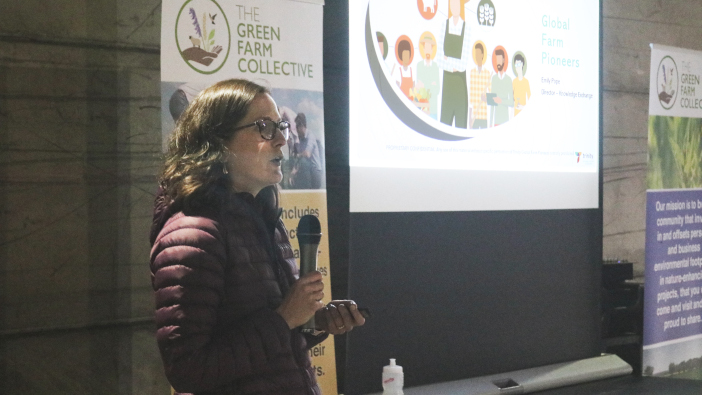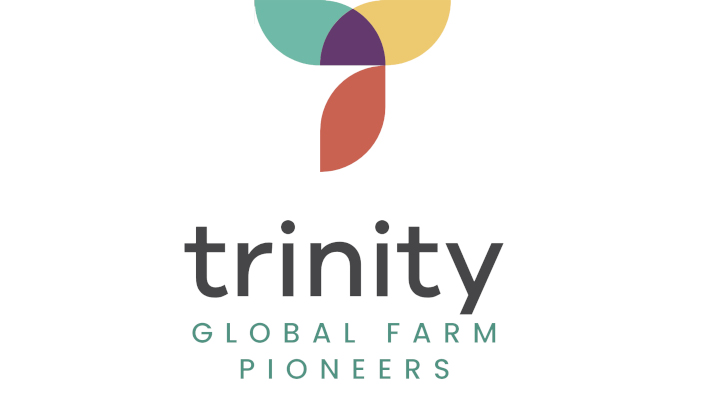A new platform has been launched, enabling farmers, researchers, and other innovators to collaborate and accelerate the pace of change in agriculture.
The Trinity Global Farm Pioneers system connects people from across the globe with the knowledge to deliver practical solutions to the challenges that face farming and food production.
Rarely have the world’s farmers been tasked with delivering the step change in sustainable productivity at the scale now required to nourish the communities they support,” said executive chairman of Trinity Natural Capital Group Dr Hosein Khajeh-Hosseiny.
“It requires a new category of natural capital innovators to navigate a pathway, one that aligns production, planet, profitability and people and that harnesses credible science. Trinity GFP brings these elements together into an online, multilingual platform.
“The aim is to unleash the genius of the many, to equip these smart navigators with the tools, the resources and the talent for productivity to thrive and for co-creation to flourish.”
It’s a non-profit system and part of the Trinity Natural Capital Group and follows the launch of the farm-management system Sandy and the carbon trading marketplace, Trinity Natural Capital Markets.

With Trinity GFP, farmers will be able to discuss innovative solutions for sustainable agriculture across the globe, explained director of Knowledge Exchange Dr Emily Pope. “It’s a multilingual platform that can be accessed on the web and via an Android or Apple app, so it doesn’t matter where you are in the world or your native language.
“What it does is allow farmers to work effectively with each other, to share experience and practical ideas – the success of farmers working together with other farmers is well documented,” she added.
Groups of farmers can come together in Caravels, which can be public or private and provide a base for the group’s shared interest to co-design on-farm trials and solutions that are relevant to them.
“This allows the farmers to measure and evaluate the impact of new approaches within the Caravel and, if they want to, share their learnings with other farmers,” continued Dr Pope.
“Research consortiums can use Caravels to collaborate easily with farmers. Training providers can use them to run online training courses and provide support for cohorts of students or industry professionals.”
Specialist tools are available to lay out trials in a field and measure and analyse their results. There are also tools to allow them to quickly analyse farm performance and potential, and enable them to find more information and groups of other farmers to work with.
At the heart of Trinity GFP lies Luca, its Centre of Excellence. “Luca is the platform’s guiding light. It’s a library of the latest science and innovation from Trinity’s Science Board as well as academic partners. It brings to one place expertise on all aspects of natural capital – greenhouse gas emissions, biodiversity, soils, pollinators agroforestry, animal science and genetics,” noted Dr Pope.
Through Luca, the company will publish the latest science and innovation and provide farmers with information on things such as effectiveness, cost, evidence and impact on greenhouse gas emissions and biodiversity.
Those interested in using the system can register for free at www.gfp.global


